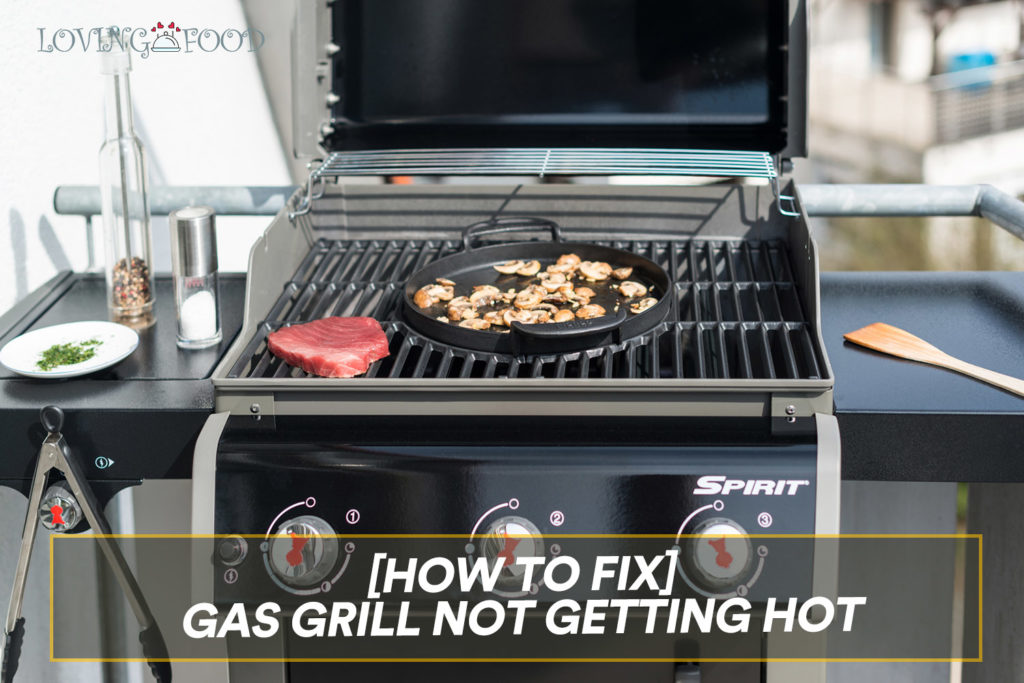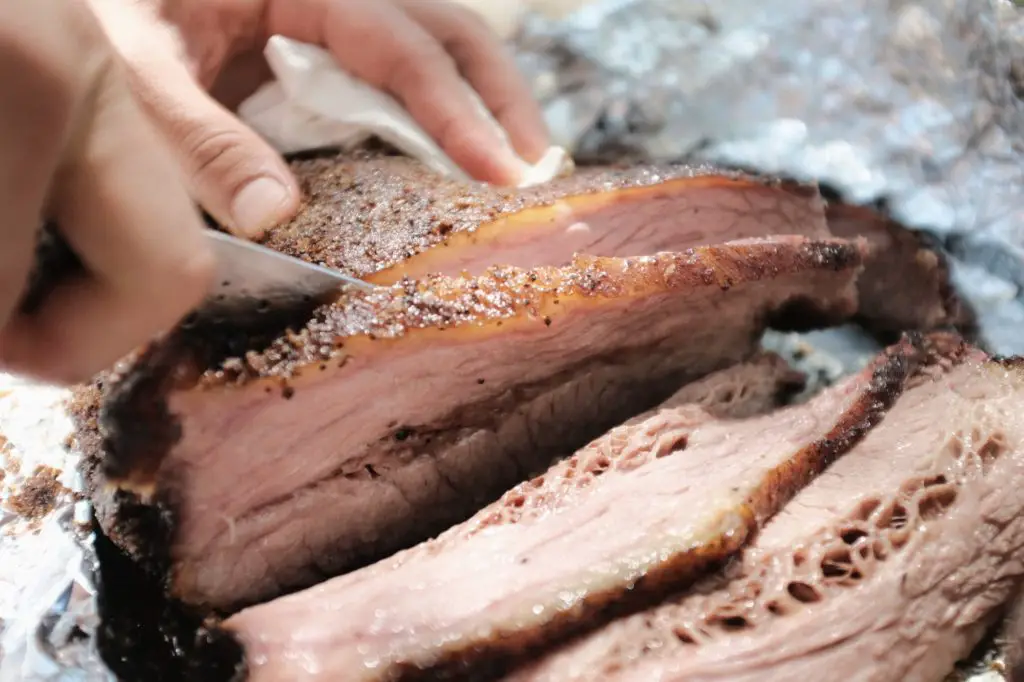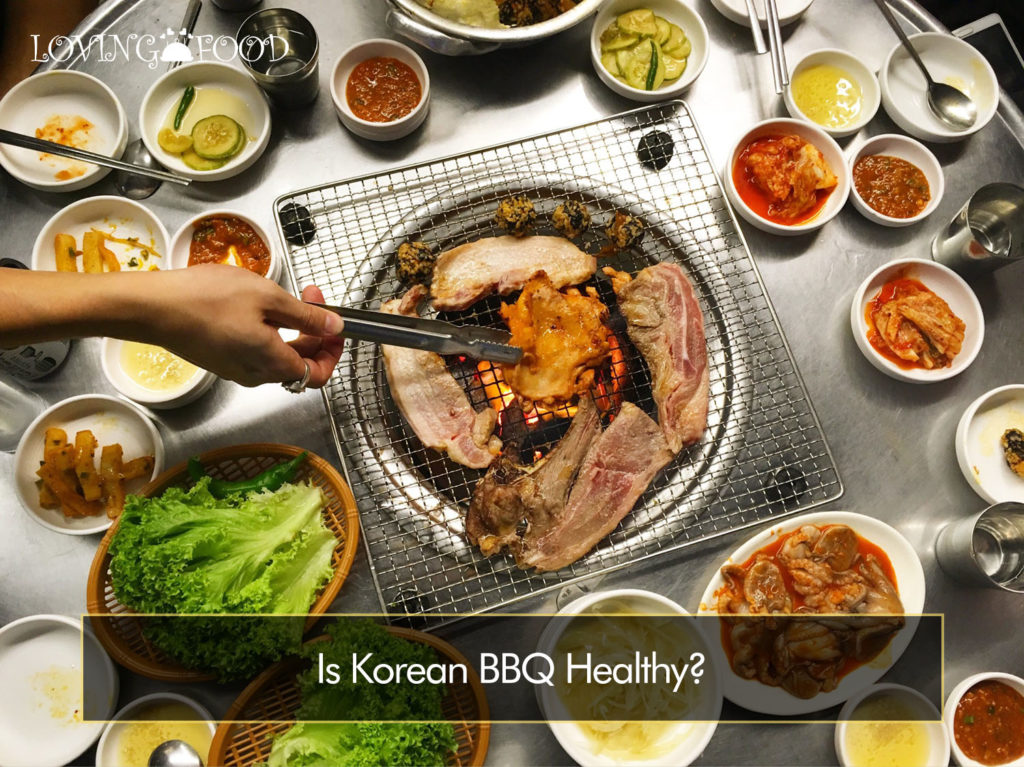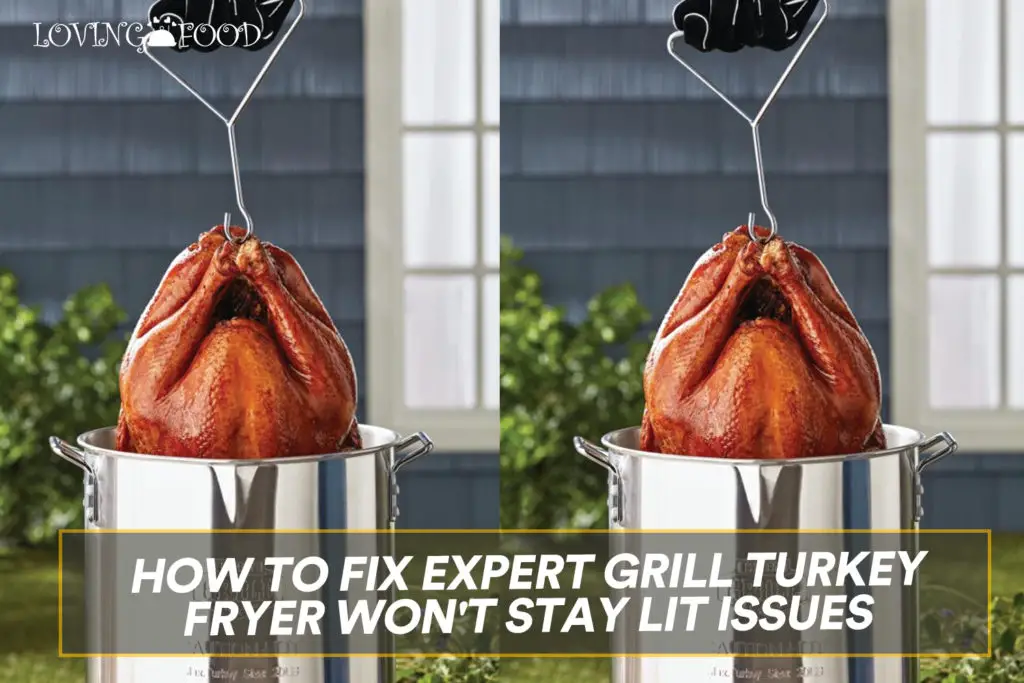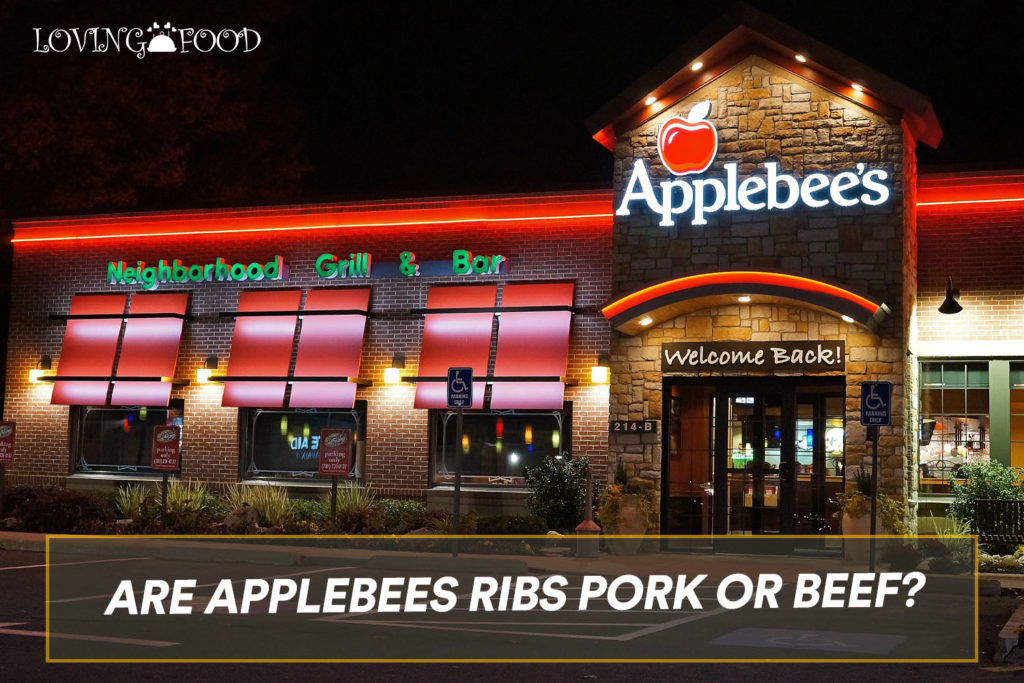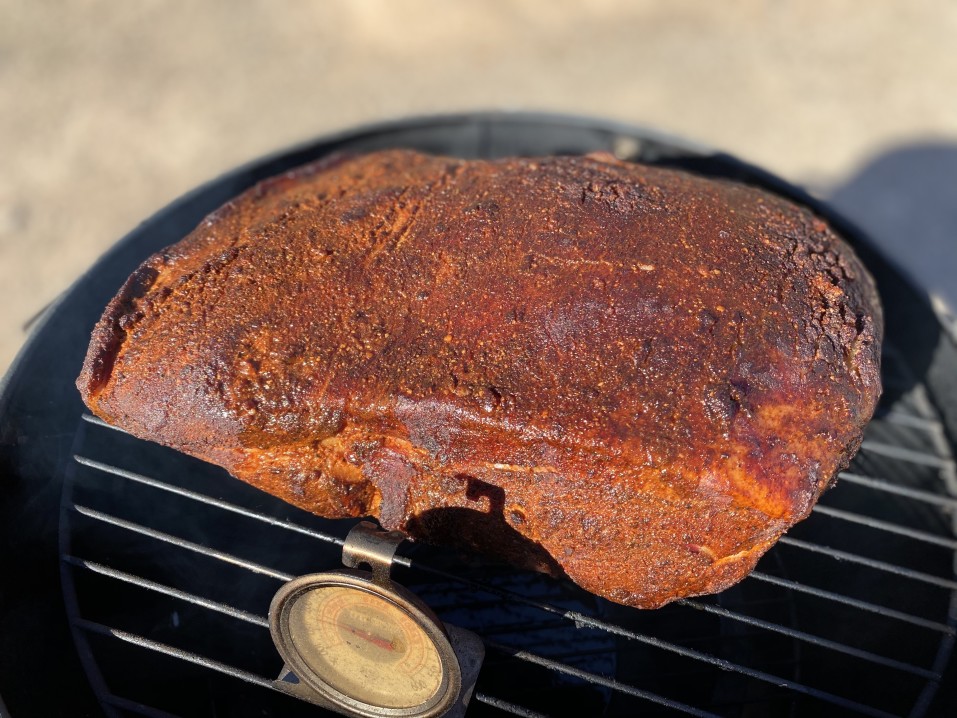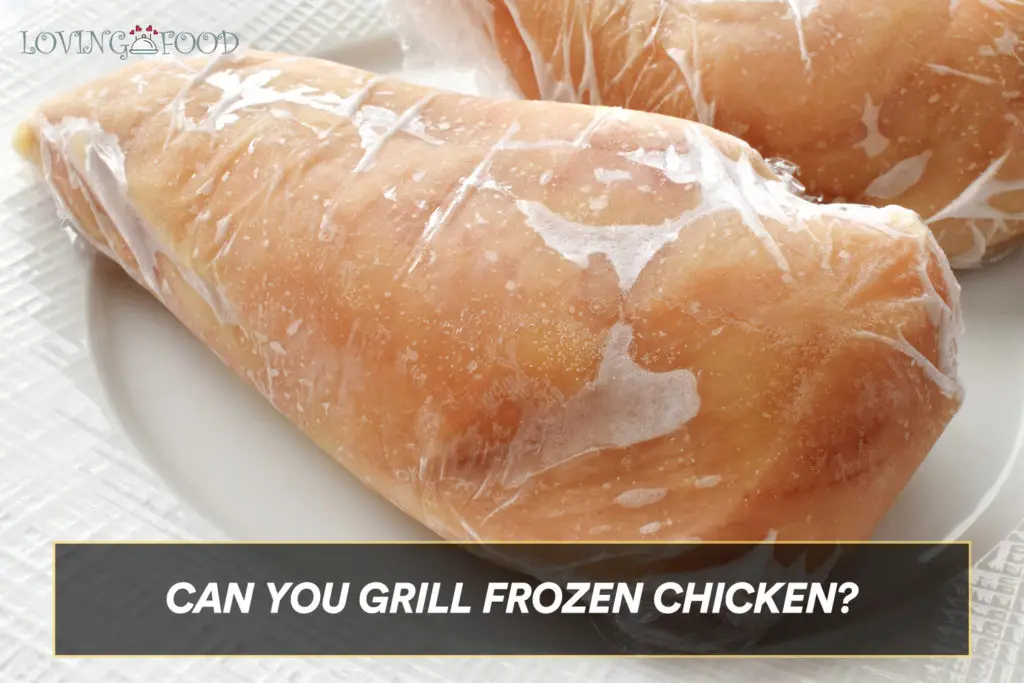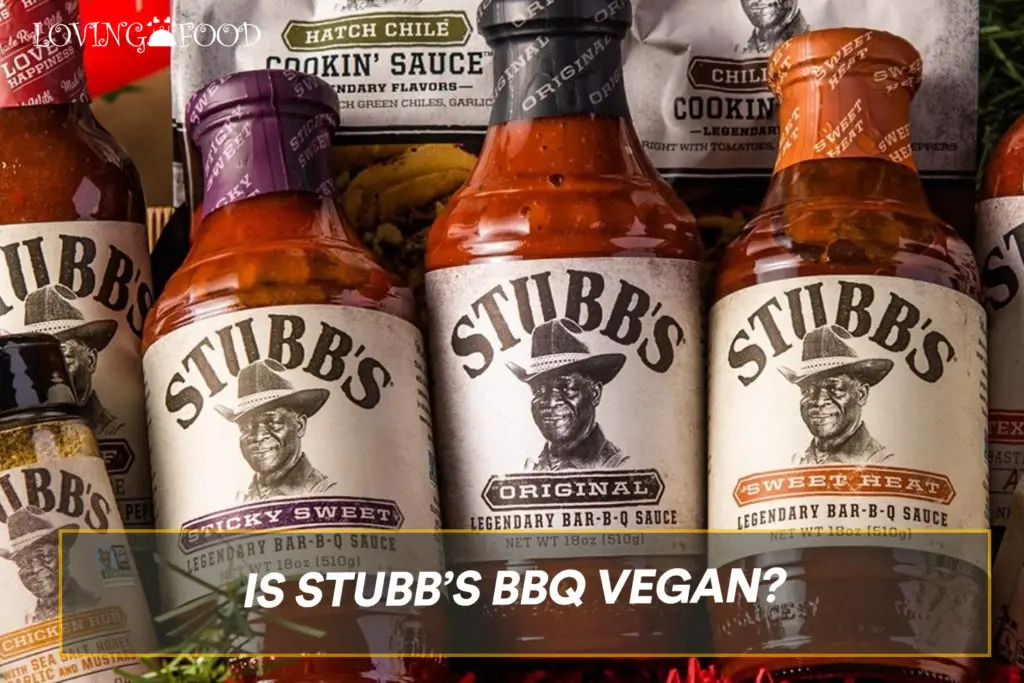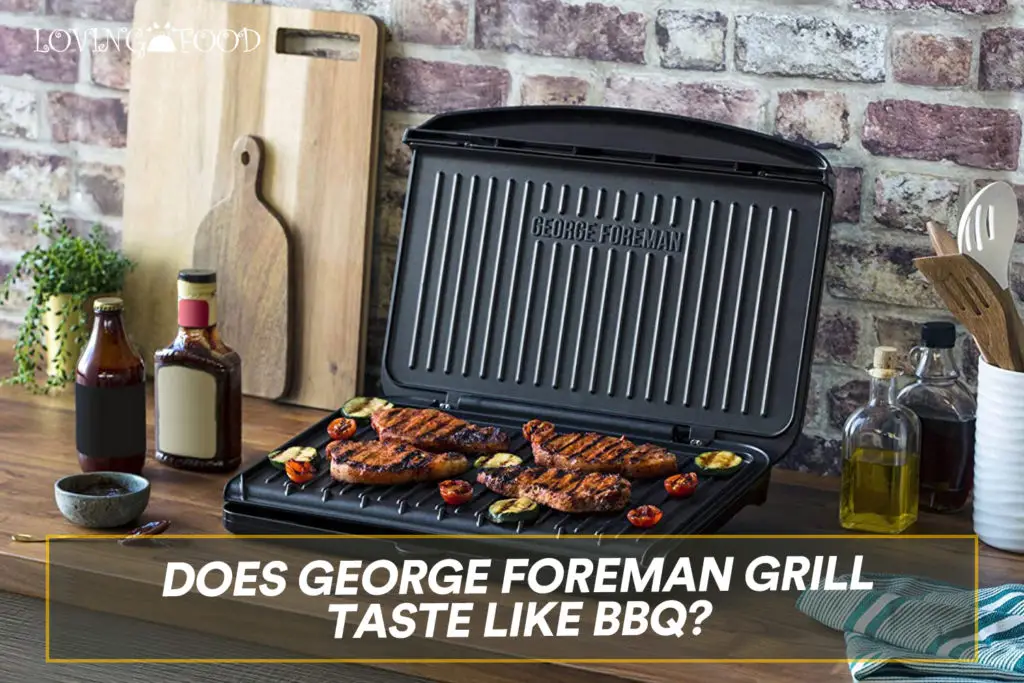How do you diagnose and fix the gas grill not getting hot? It can be frustrating if your gas grill won’t get hot enough to cook, and this can happen for several reasons. Gas grills are typically made of metal bars and while the components can range from simple to incredible, their primary function is to generate enough heat to cook your food.
Gas grills however are more complex than other types of grills.
Grilling enthusiasts tend to go for gas grills more as they are more efficient, easy to use, light up easier and their ability to save time is top-notch. Gas grills are meant to provide very intense heat with little to no smoke but if they don’t then it’s time to troubleshoot.
There are lots of convenient benefits to be derived from using gas grills. The common issue associated with gas grills is the lack of enough heat circulating and this is often found with propane gas grills.
Low sitting flames mean your gas grill will not get hot enough to cook anything. So how can this be fixed? In this article, we will be discussing why your gas grill is not getting hot, how to fix it, and instructions on how to maintain your gas grills.
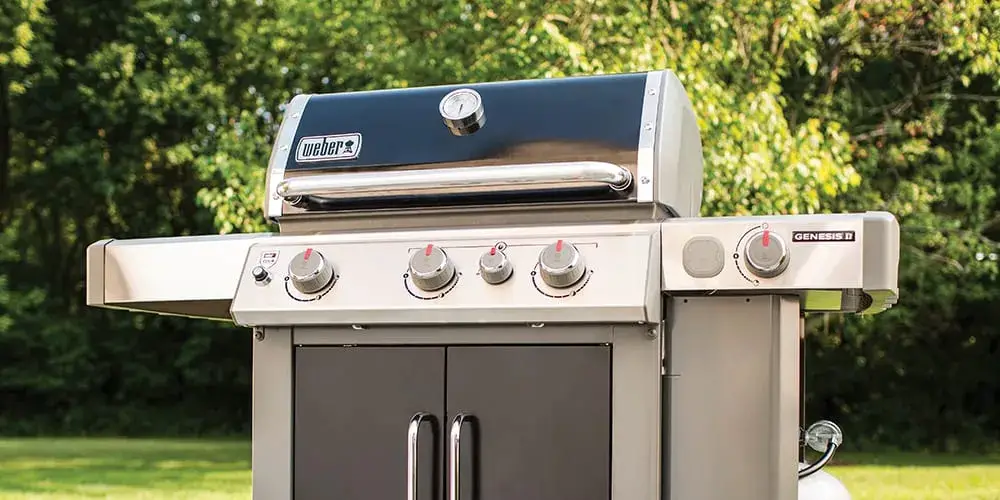
Why Your Gas Grill Won’t Get Hot
Before we go into how to fix your gas grill that won’t get hot, it is crucial that you first figure out why this is happening. Heating is very quick with gas grills, many are designed to get up to 700 degrees Fahrenheit or higher while some can even reach 1000 degrees Fahrenheit.
The gas grill’s higher heat function is what makes them cook food faster but if it won’t get hot, the propane regulator might be the problem.
The gas grills need to be cleaned and maintained properly and when this is not done, the flavor bars can have dirt stuck in them hence why heat won’t circulate. Common reasons why the gas grill won’t get hot include; a broken regulator, low gas issues, blockages, or malfunctioning burner knobs.
In addition, if the gas grill is not lit in a specific way that it should then there is a possibility it won’t get hot. The safety device of your gas grill might think there is a gas leak if it’s not lit properly which means the gas grill is in bypass.
Another common reason your gas grill won’t get hot is if it is being disturbed by too much wind, a broken seal, or corrosion. Luckily there are lots of learning curves that can be applied to get your grill back on track.
Gas Grill Not Getting Hot Fixes
We do agree that the main advantage of using a gas grill is its ability to heat up faster but if it’s not doing that, it can be frustrating. If you understand how grills work then you can go ahead and troubleshoot it first, but before you go into looking for new burners or parts, below are ways you can get it fixed.
1. Reset Gas Grill Regulator
The first step you should take to fix the gas grill not getting hot is to reset the gas grill regulator. The gas grill comes with a propane regulator which controls the flow of heat and it tends to prevent your grill from being overfilled with gas from time to time.
So, if the regulator is not working properly, your gas grill won’t circulate heat. Here is how to fix the regulator.
- Turn off all the burner knobs on your gas grill to prevent the flow of gas
- Next disconnect the gas line from the tank and the valve should always be closed when your gas grill is not in use
- Unscrew the propane regulator for one full minute or if it looks broken then it should be replaced
- Reinstall it and make it well tightened
- Connect the line back to the tank and light your grill. Your grill should get hot and circulate properly now.
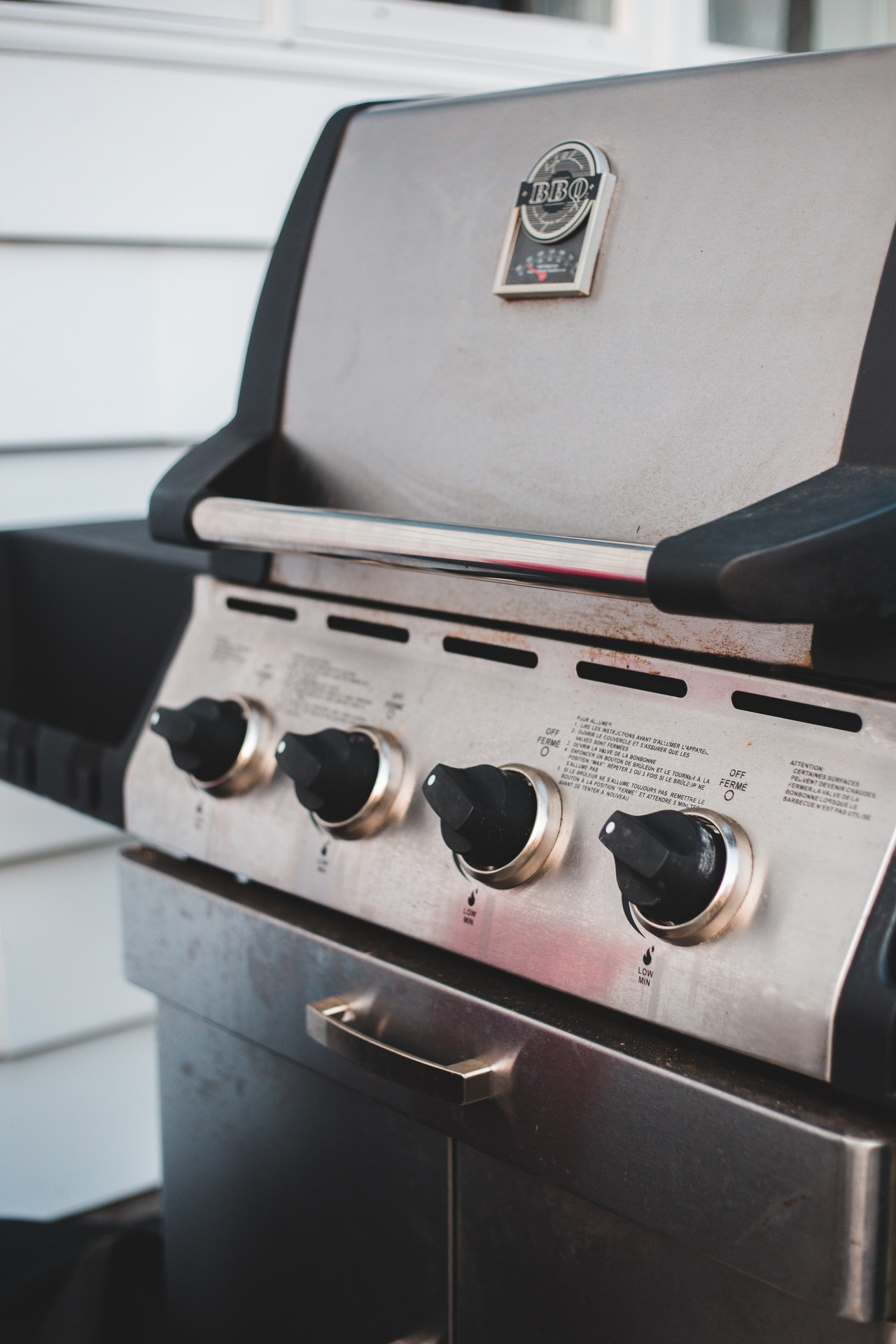
2. Fix Bypass Mode
While the propane regular is often the reason most gas grills won’t heat properly, the bypass mode can still be a valid reason and should be checked.
If there is very little gas getting to the grill, it goes into bypass mode so after checking the regulator and it still won’t get hot, you can perform a gas leak test to see if there is not enough gas getting to the grill.
If there is no gas leak, but it’s simply in bypass mode then not to worry, resetting or adjusting the gas grill regulator as stated above should help fix that. If there is a gas leak, get in touch with your grill support team.
3. Perform Routine Gas Grill Maintenance
If your gas grill won’t even light at all then it’s time to do some routine gas grill maintenance.
Clean your gas grill using a venturi brush or bottle brush, this helps clean out the gas tubes of spiders, debris, and insects that can cause blockage. Next, clean the flavor bars, clean any clogged ports and replace the burner tubes if it is damaged.
Frequently Asked Questions
How do I get my gas grill hotter?
If you are not getting the intensity of hotness you want on your gas grill, you should keep the lids closed to trap the heat. Adjusting the burner to the correct temperature can also increase the heat and clean the grill regularly to prevent dirt from blocking or clogging the ports.
Why does my grill take so long to heat up?
Low flame can be caused by a leaking propane tank, faulty regulator, blocked orifice, or a tripped OPD device. You have to start by resetting your grill’s regulator if the heat keeps taking forever to heat up. All gas grills have a propane regulator and it controls gas flow.
How do I know if my grill regulator is bad?
The grill regulator is what controls the gas flow and you will know if it’s time to replace it if it shows any of these signs; Rust or soot on the burner, popping noise when you turn the gas on, gas is not getting hot, lazy orange or yellow flames, flames floating above the burner ports and tank level indicator starts showing red or won’t rest.
Wrapping Up
The gas grill regulator is a common reason why the gas grill won’t get hot so whether you have to replace it or not, it still needs to be maintained, and resetting it every grilling season keeps it working as well.
Your gas grill needs to be periodically cleaned to work properly.
Note: The intensity of the flame often determines what needs to be changed. If the flame is consistently low, you need a new regulator. If the flames are uneven but your grill is hot, the burner might need to be changed.
More from BBQ and Grilling:
